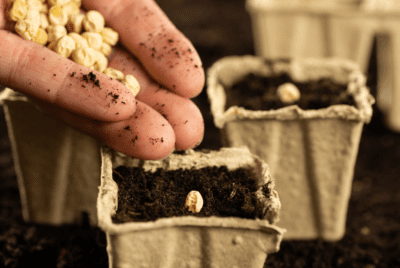RESEARCH
“Grounded in the Neighborhood, Grounded in Community”: Social Capital and Health in Community Gardens
Summary
This paper explores how community gardens generate social capital and its implications for health. The analysis draws on data from focus groups with 32 gardeners from four community gardening programs in Boston and Lynn, MA, representing a diverse sample. The study identifies four mechanisms through which community gardening increases social capital: building social networks, providing opportunities for resource sharing and social support, preserving cultural knowledge and practice, and reflecting and reinforcing collective efficacy.
The research highlights that community gardens offer community-level benefits beyond individual participants. This supports considering community gardening as a strategy for amplifying community assets in support of public health, contrasting previous studies that suggested social capital generated in gardens doesn’t extend beyond active gardeners.







